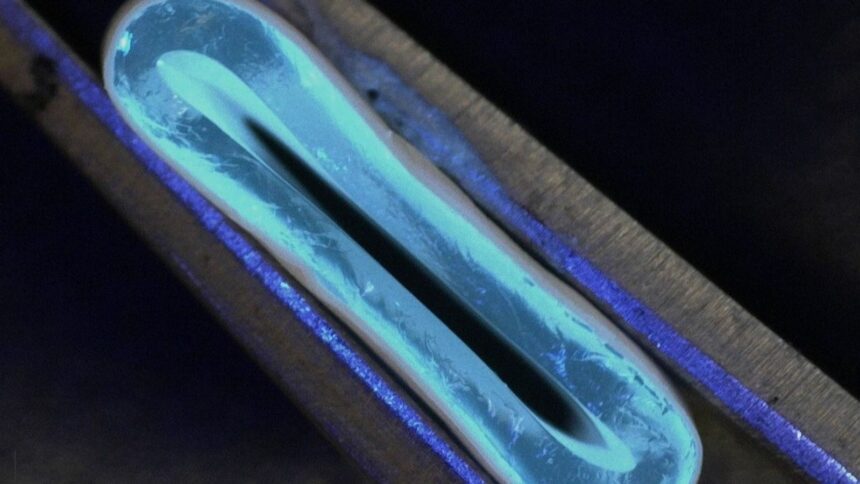Researchers from the University of Edinburgh’s School of Engineering developed tubular grafts from a water-based gel using a two-step procedure involving a rotating spindle fitted into a 3D printer.
The printed graft was then reinforced using a technique called electrospinning, which coats the artificial blood vessel in biodegradable polyester molecules by drawing out thin nanofibers using high voltage.
According to the team, the flexible gel-like tubes could replace the artificial and human veins now employed for cardiac bypass blood flow rerouting because they are just as robust as natural blood vessels and can be easily incorporated into the body.
The researchers claim that this could reduce the danger of infection, scarring, and agony that come with extracting human veins during the 20,000 heart bypass procedures that are carried out annually in England alone.
The tubes, which range in diameter from 1 to 40 mm, may lessen the failure of tiny synthetic grafts, which can be challenging for the body to assimilate.







